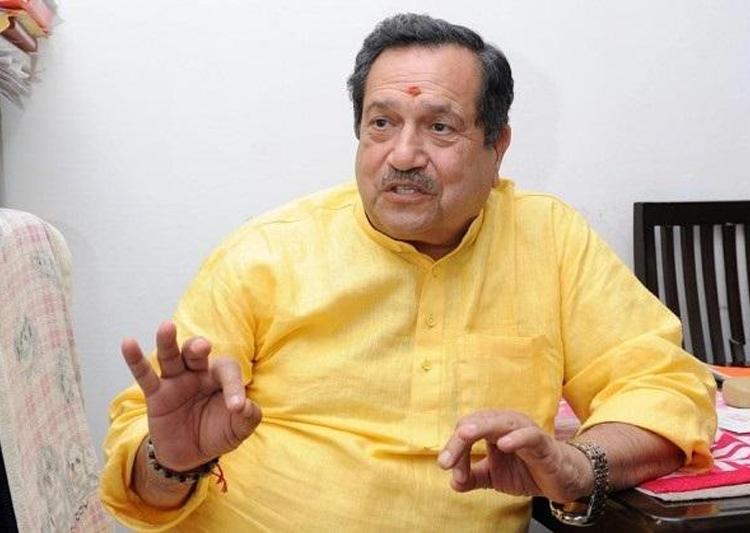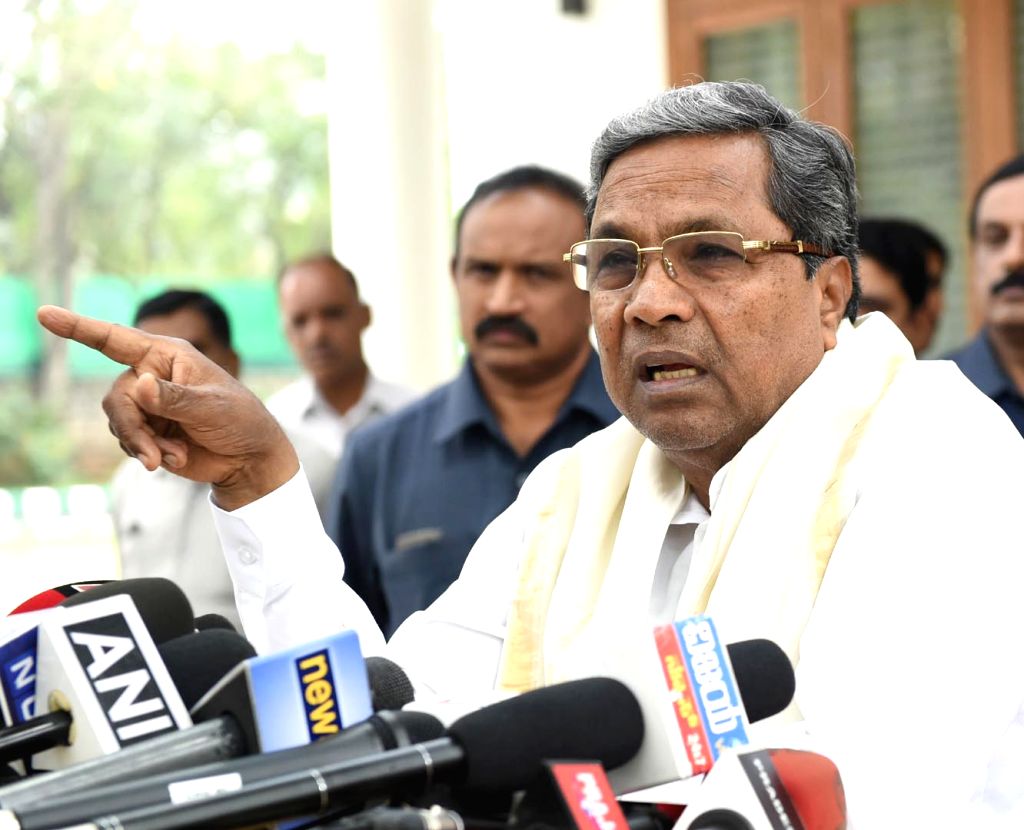India does not believe in partnering in military alliances: Dy NSA Vikram Misri

Singapore: India does not believe in partnering in military alliances but sees itself as an equal participant in all the mechanisms that it is a part of, Deputy National Security Adviser Vikram Misri said here on Saturday.
Addressing delegates at the Shangri-La Dialogue organised by the International Institute of Strategic Studies (IISS), Misri said equality is at the heart of many of these mechanisms.
“India does not believe in partnering in military alliances. We are, however, a partner for many countries including in the military and defence field,” he said.
“Alliances are very different allusions to it and (have) a very different interpretation to it. We are not part of any military alliance. We see ourselves as equal participants in all of the mechanisms that we are part of,” he said at the event ‘Defence Cooperation in the Indian Ocean Region’, which was attended by a high-level delegation from China.
Misri, a former Indian Ambassador to China, rebutted a Chinese delegate’s question on the India-US alliance in the Indian Ocean.
“Collaboration should be open and inclusive everywhere… it should be open and inclusive and if I am not mistaken it is in India’s concept of the Indo-Pacific,” he said.
“That (it) is for us to describe it as a free, open Indo-Pacific. It is definitely a part of our thinking and our definition of these constructs,” he said.
Misri directly responded to the Chinese delegate’s question, saying, “Since you talked about openness and inclusivity in terms of participation, I hope that this principle will be respected equally and by everyone else also in different geographies when it comes to that.”
He also dismissed questions about the India-US pacts, Misri said, amidst increasing Chinese assertiveness in the region.
“As sovereign countries, India and the US conclude such agreements as all other countries have it,” he said
China has slammed the Quad grouping comprising the US, India, Australia and Japan, saying the state-to-state interactions should pursue peace and development and contribute to mutual trust and regional stability rather than exclusivity.
Misri also highlighted the success of the Colombo Security Conclave (CSC) which is a young organisation but its cooperative activities have been found useful by all participants.
He said the CSC brings together some of India’s immediate maritime neighbours on issues related to maritime safety and security, terrorism, trafficking, transnational organisation of crime, cyber security, the protection of critical infrastructure and humanitarian assistance and disasters.
The CSC is a regional security grouping, comprising India, Sri Lanka, the Maldives and Mauritius. It has agreed on a roadmap to bolster cooperation in five specific areas including maritime security, countering terrorism and radicalisation and cyber security.
The grouping came out with a declaration at the end of its two-day meeting in the Maldives last year.
Misri said the responsibility for security in the Indian Ocean region is the first and foremost task of the littoral countries.
“This calls for sustained engagement with a view to strengthening communications and interoperability,” Misri said.
“It also requires us to take the long-term view and work to sustain and reinforce the building blocks, people’s cooperation that is already in place in the Indian Ocean,” he said.
Earlier, addressing the Shangri-La Dialogue, US Secretary of Defence Lloyd Austin said Washington would not allow any “coercion and bullying” of its allies and partners by China.
In his speech, Austin, who will pay a two-day visit to India beginning Sunday, called for support for Washington’s vision of a “free, open, and secure Indo-Pacific within a world of rules and rights” to blunt growing Chinese assertiveness in the South China and East China seas.
Beijing claims almost all of the 1.3 million square miles of the South China Sea as its sovereign territory. China has been building military bases on artificial islands in the region also claimed by Brunei, Malaysia, the Philippines, Taiwan, and Vietnam.



